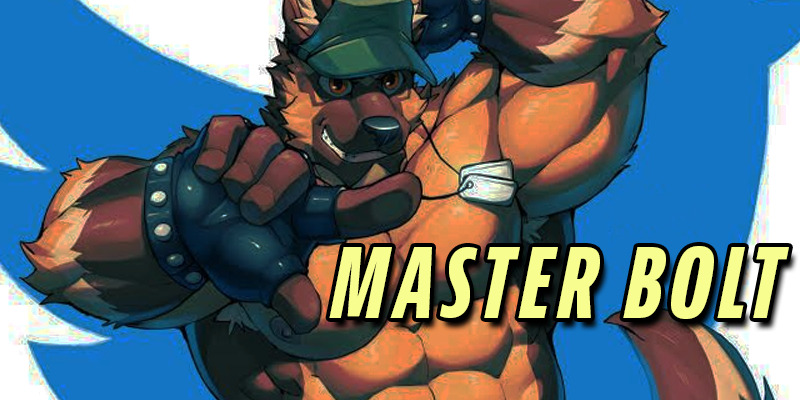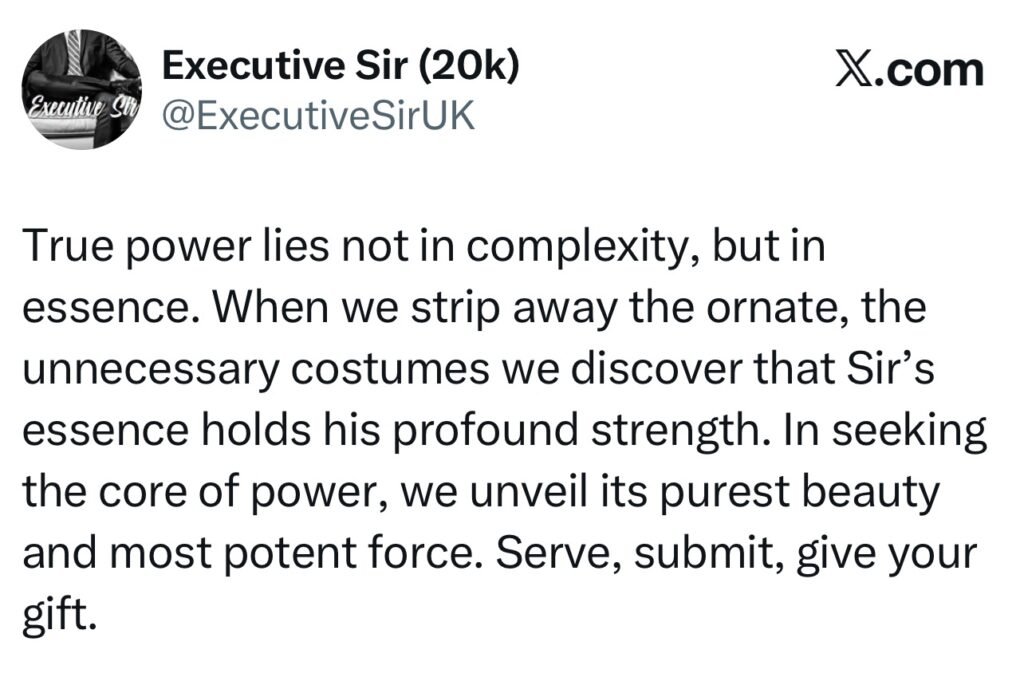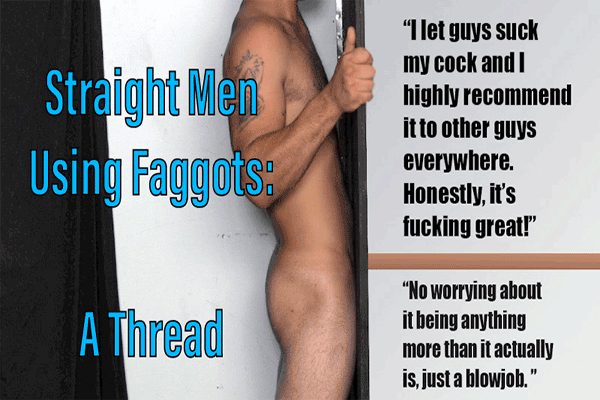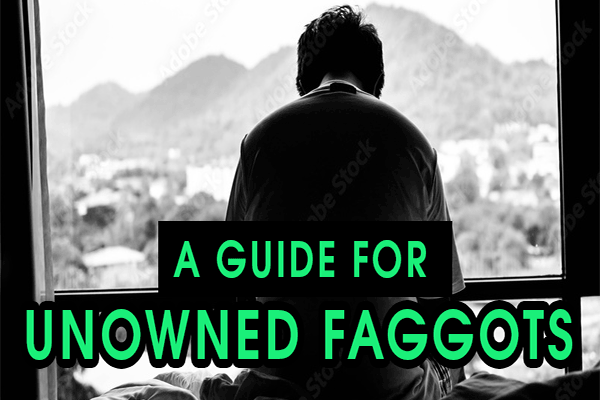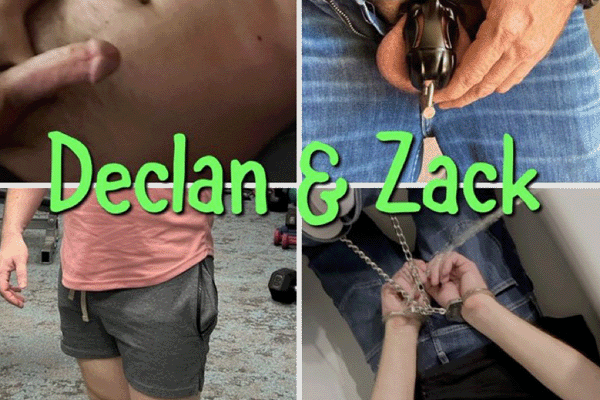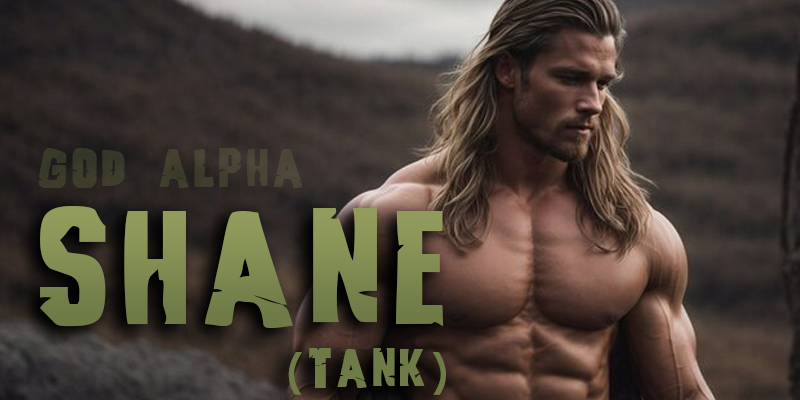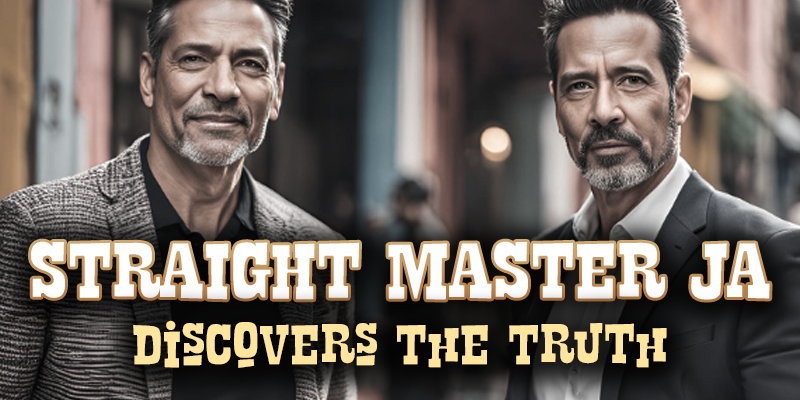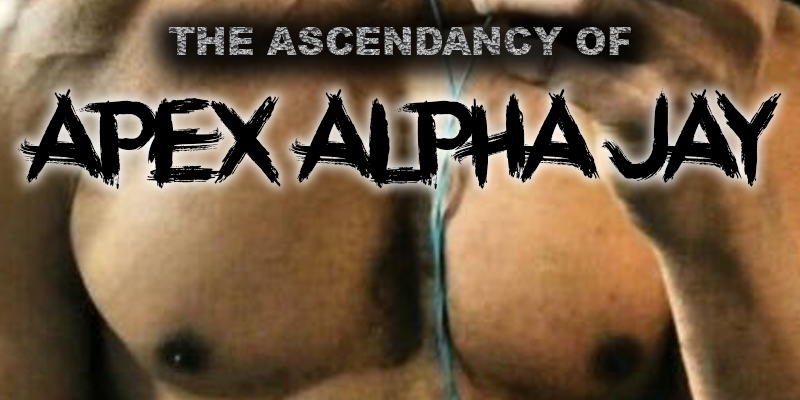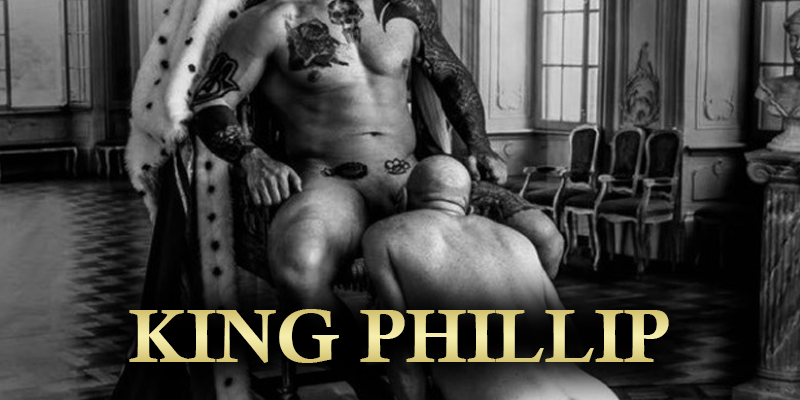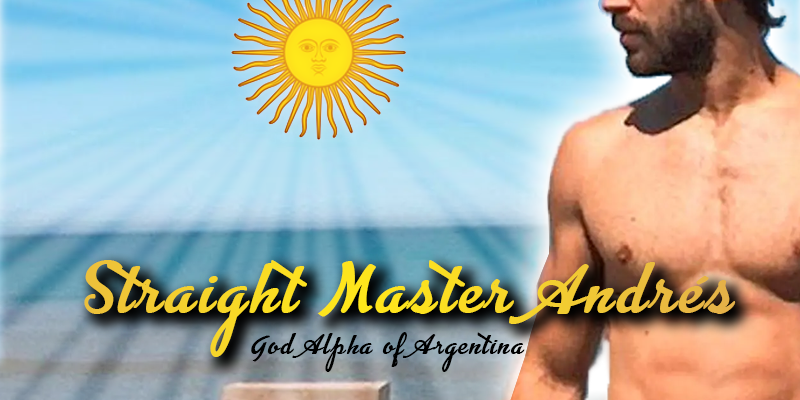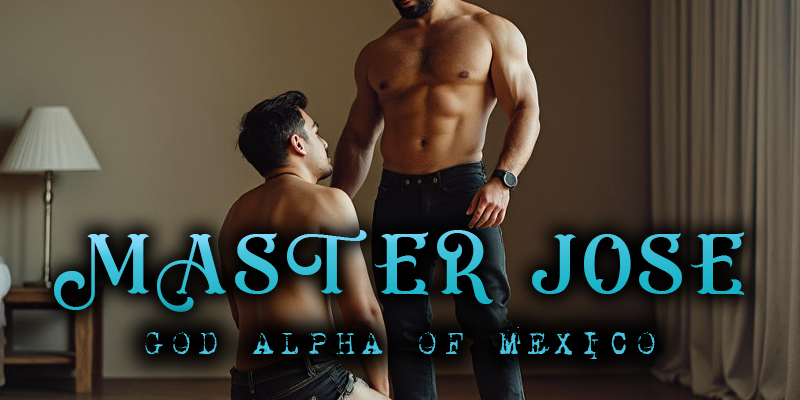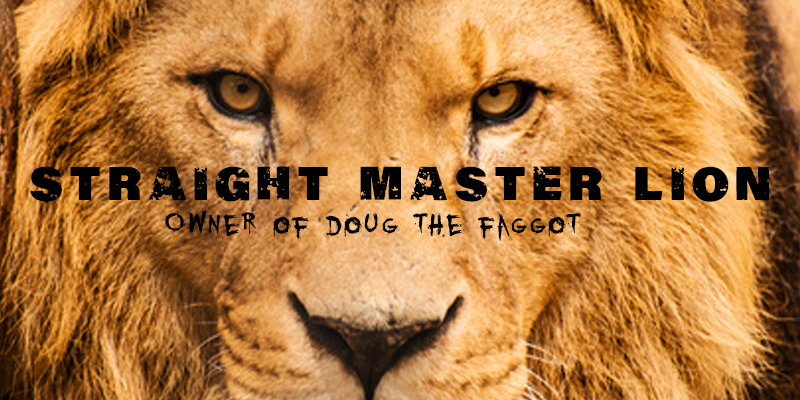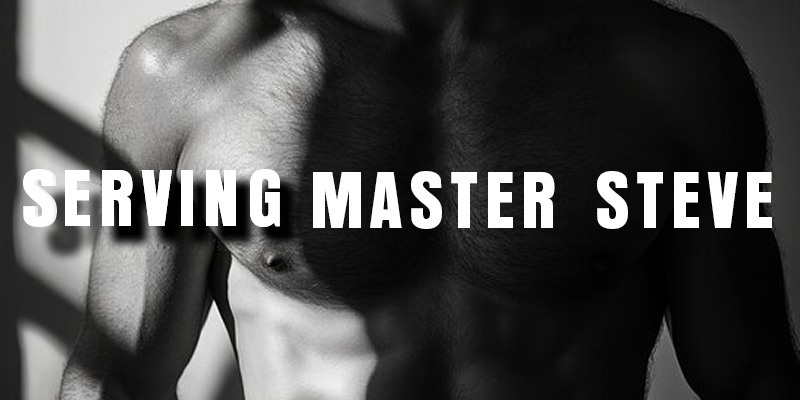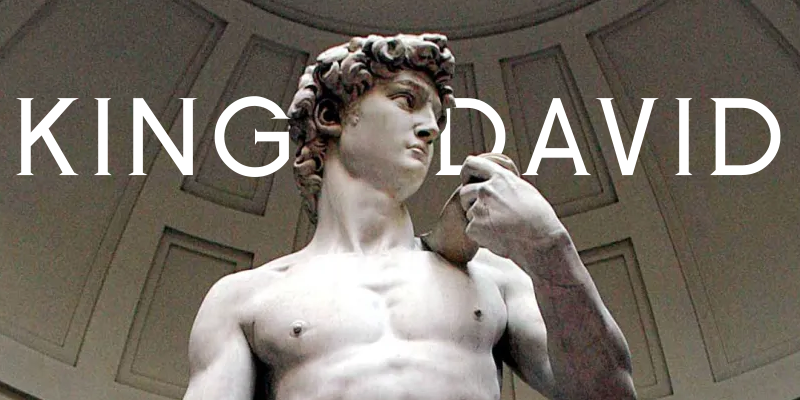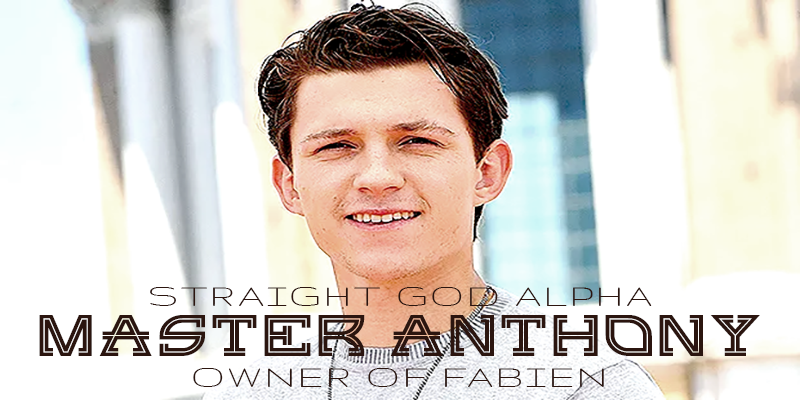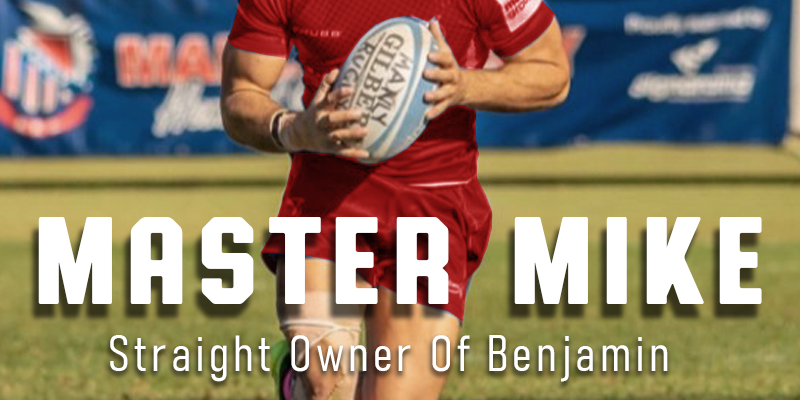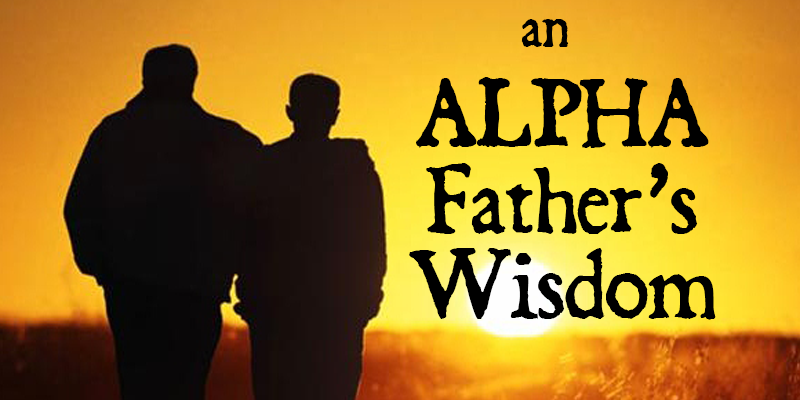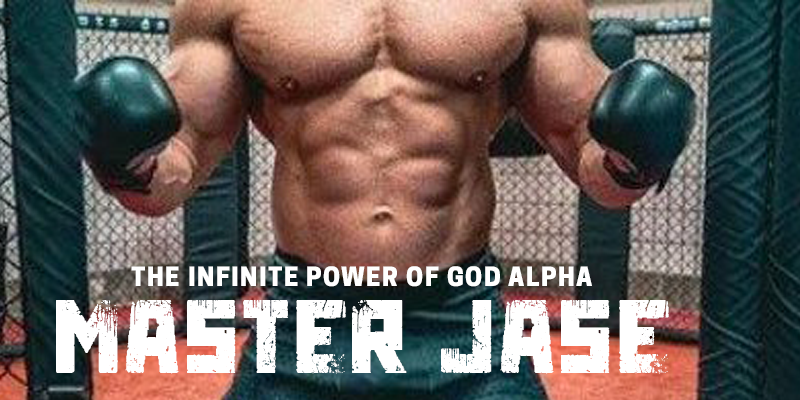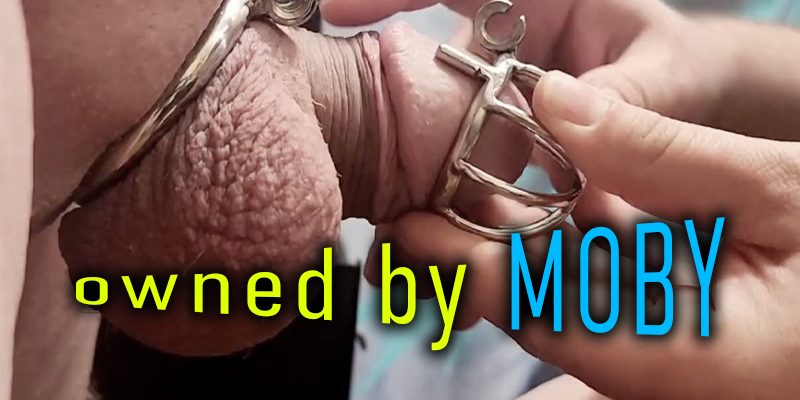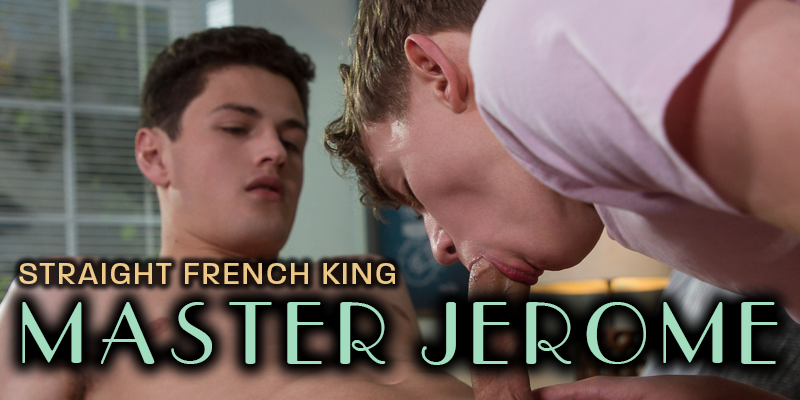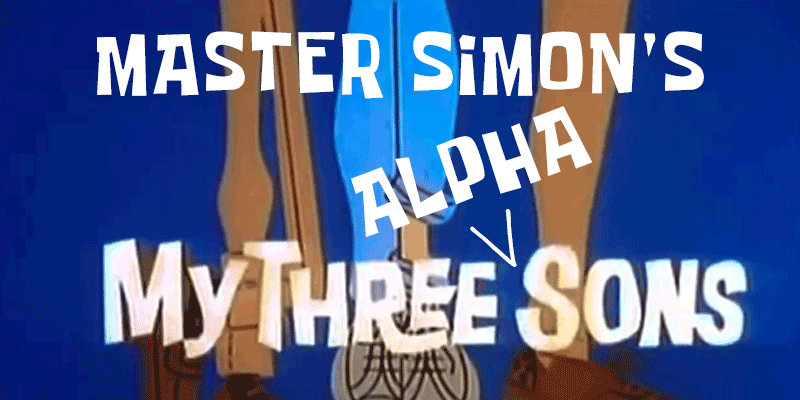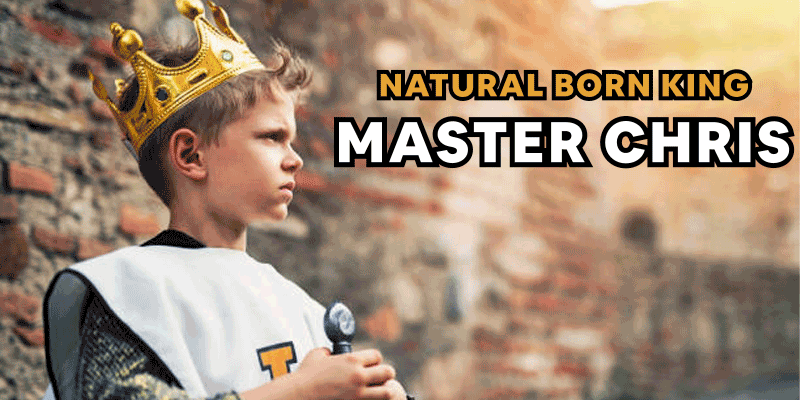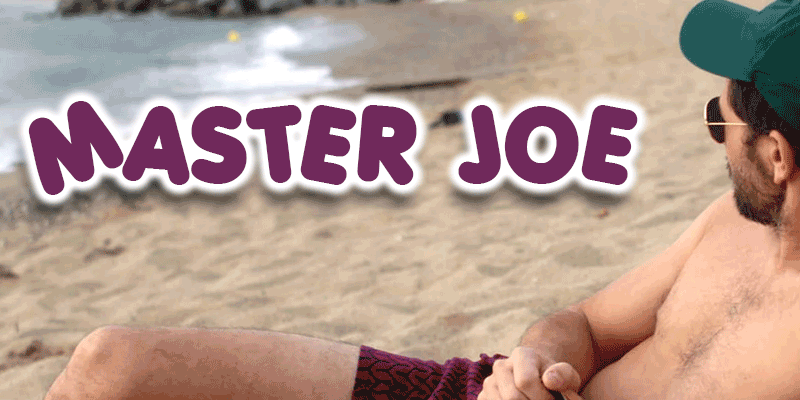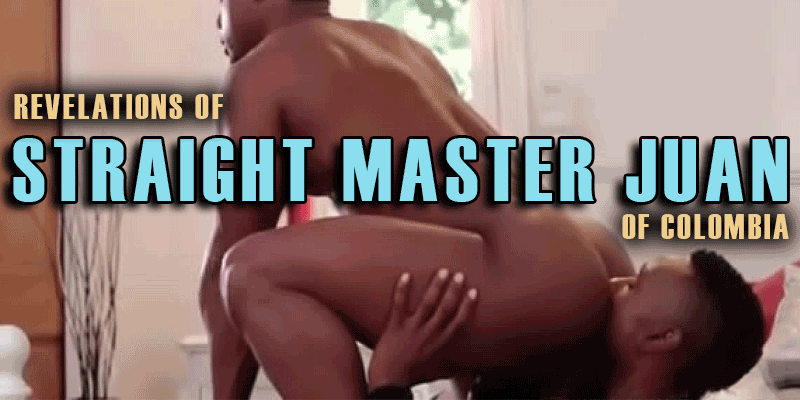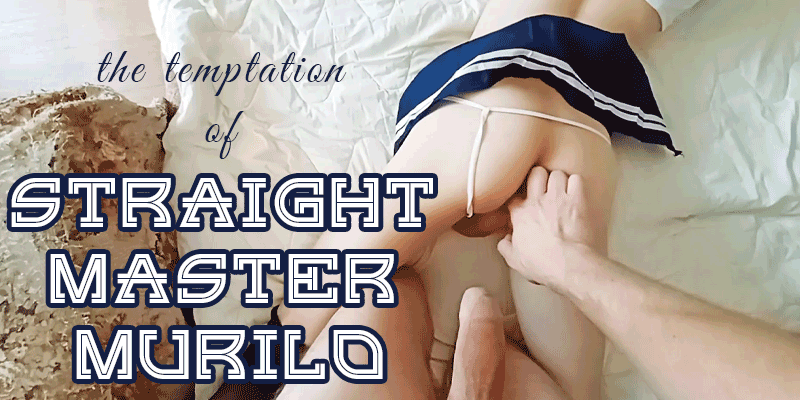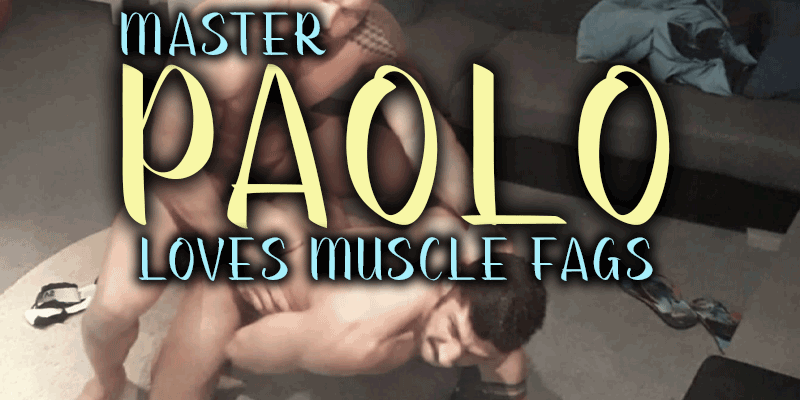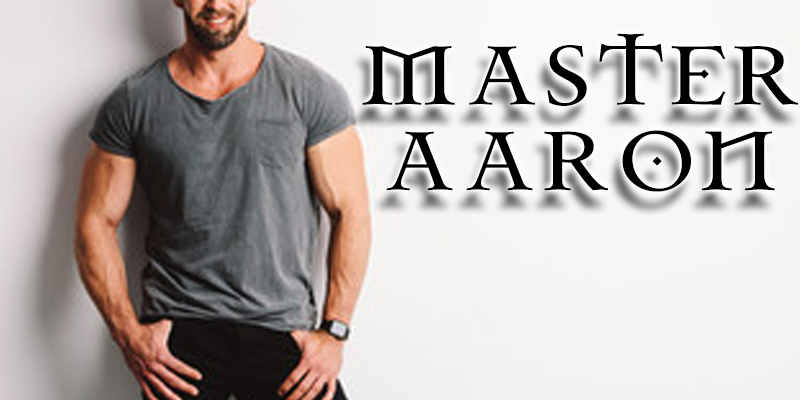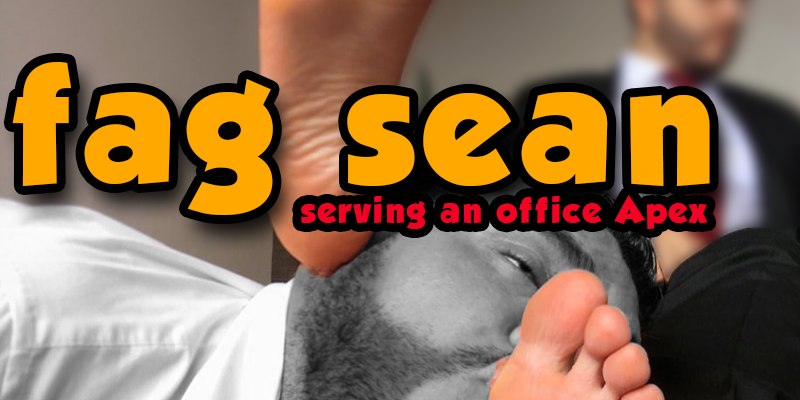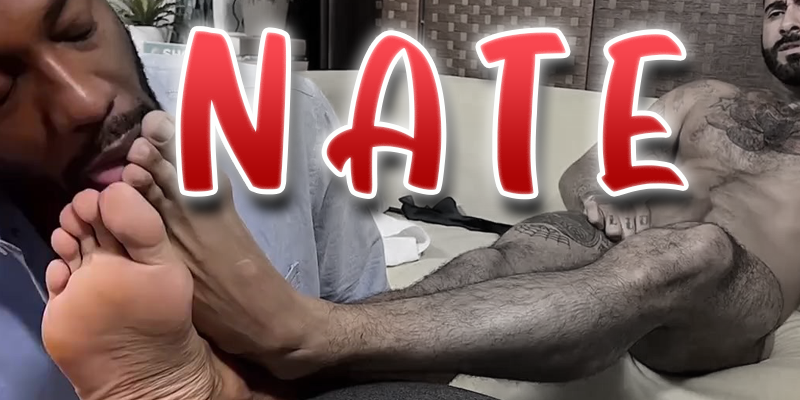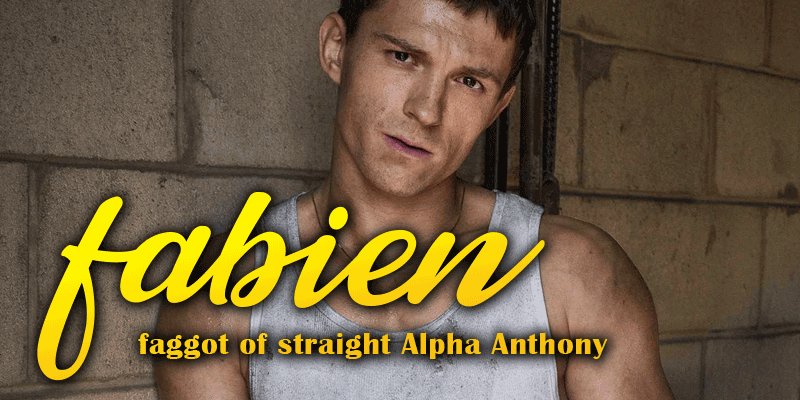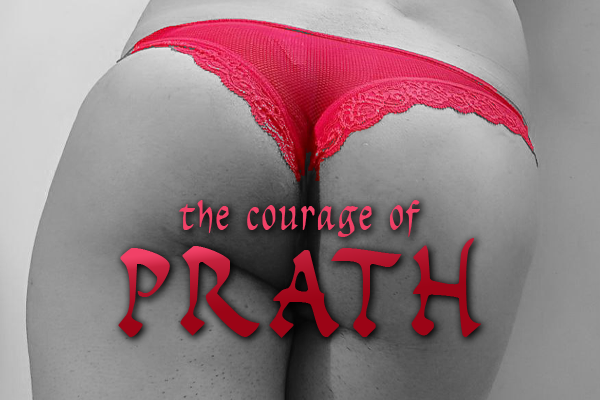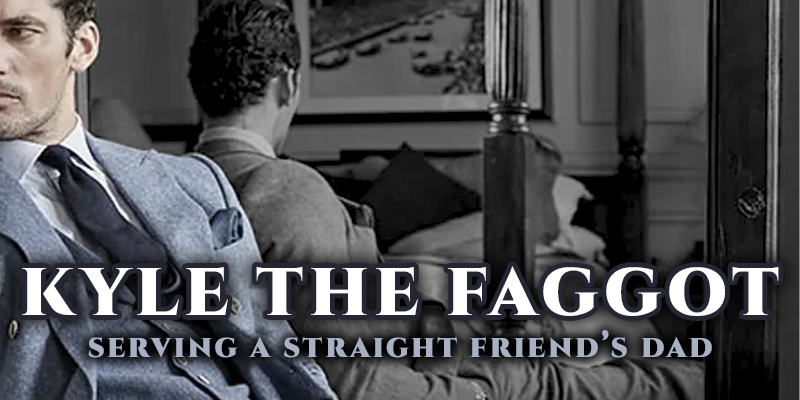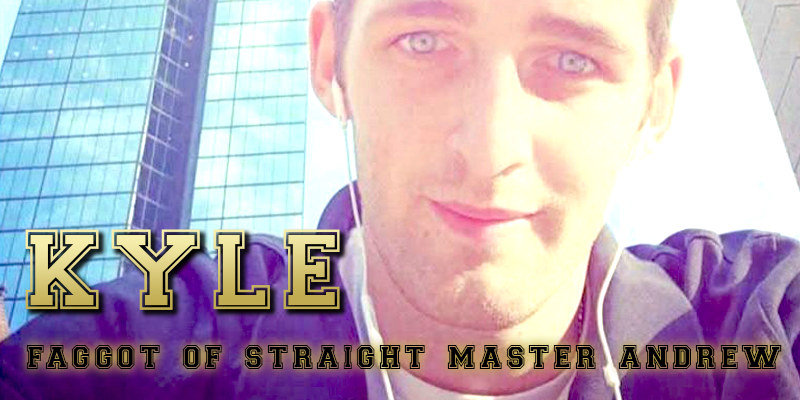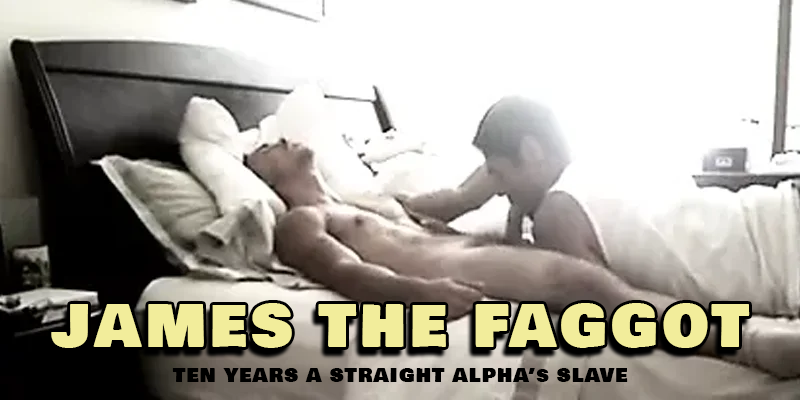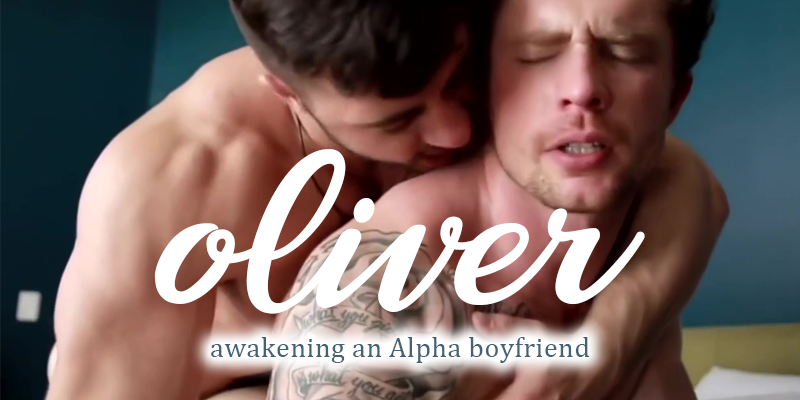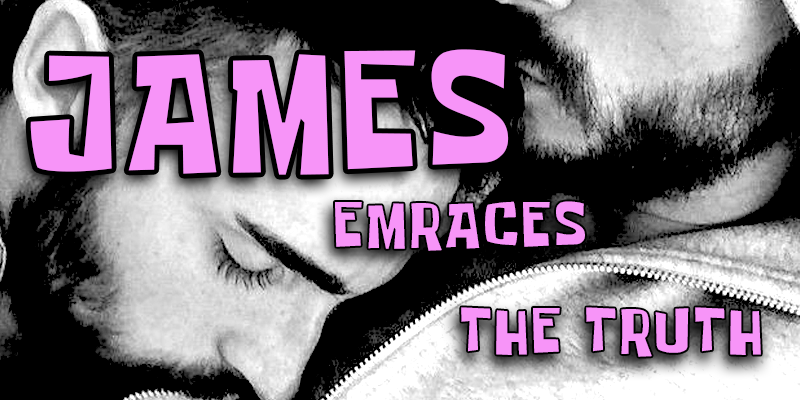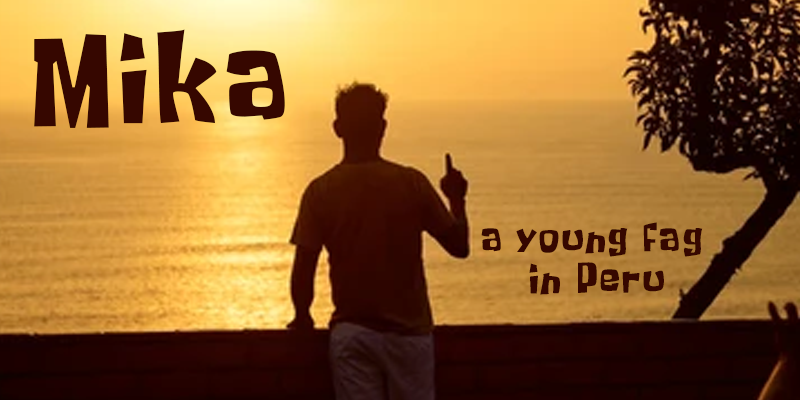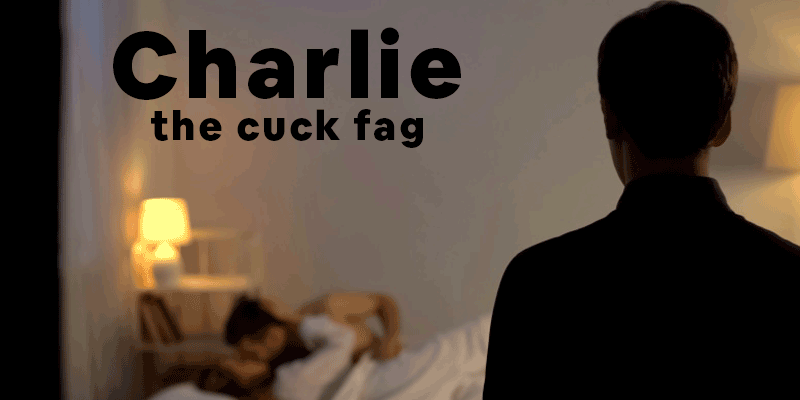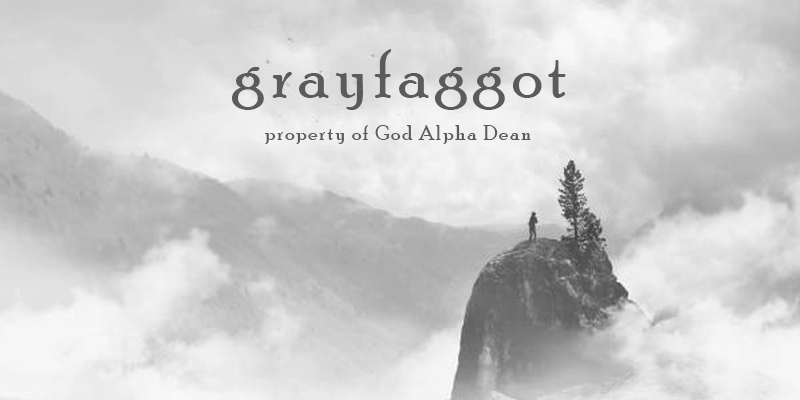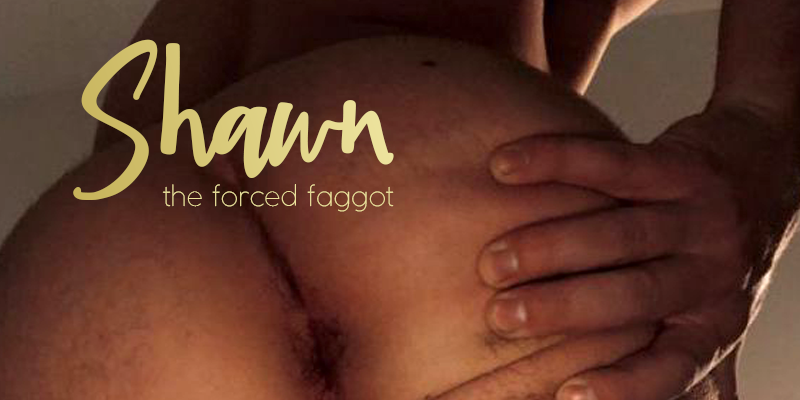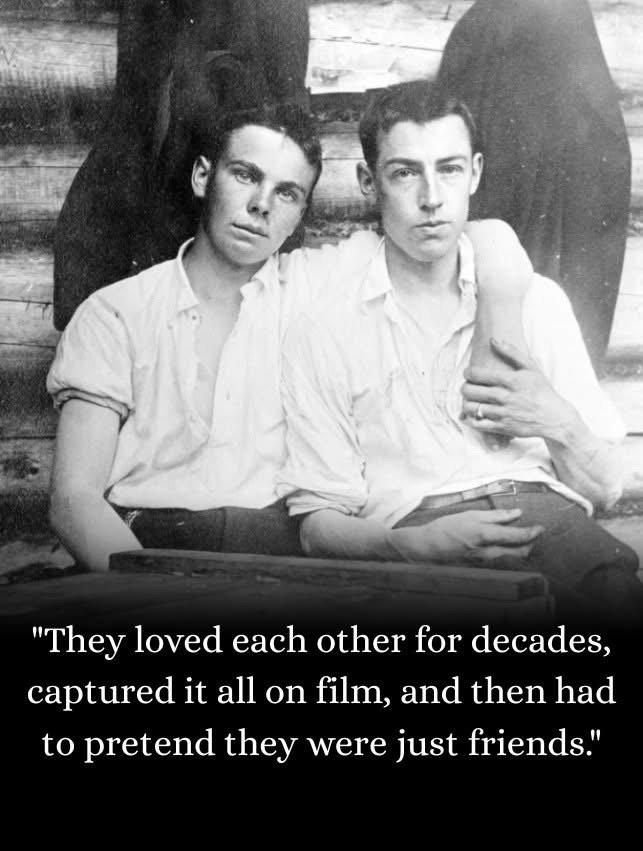
This was a sad-but-familiar story I found on Facebook and reproduced it here for posterity. It’s a real-life BROKEBACK MOUNTAIN in some respects, and just as haunting.
They loved each other for decades, captured it all on film, and then had to pretend they were just friends.
In a small Canadian town called Havelock—the kind of place where everyone knows your name and your business—two men built a life together that couldn’t be spoken aloud.
Len Keith came from money. His father was a successful businessman, and Len himself served in World War I before returning home to open a garage in the 1920s. He was respectable, industrious, the kind of man small towns celebrate. He was also in love with another man.
Joseph “Cub” Coates came from humbler roots. He was a harness racing driver with rough hands and a quiet presence, a fellow war veteran trying to make his way. What he lacked in privilege, he made up for in heart.
And somehow, in a world that could destroy them for it, they found each other.
Len had a camera. In the 1920s and ’30s, he took photographs—not the formal, stiff portraits common to the era, but candid shots that captured something more. Two men standing close, bodies relaxed in each other’s presence. Two men who looked at each other the way people look at home.
These weren’t accidental photos. They were deliberate acts of documentation, quiet rebellions against erasure. In a time when being gay could cost you your job, your home, your freedom, even your life, Len was creating evidence that they existed. That what they had was real.
They couldn’t have the things other couples took for granted. No mortgage in both names. No wedding. No public acknowledgment. Just stolen moments and a small town that couldn’t know the truth.
Because the truth was dangerous.
Sometime in the 1930s or 1940s, suspicion grew too loud. Len was forced to leave Havelock. The photographs stop. The story fractures.
By 1940, Cub married a woman.
We’ll never know how much of that was survival instinct, and how much was a heart forced to move on. What we do know is this: their friend John Corey kept the photographs. He called them boyfriends. And decades later, he donated those images to the Archives of Ontario, ensuring that Len and Cub wouldn’t be forgotten.
Those black-and-white snapshots are now some of the rare surviving evidence of queer love in early 20th-century Canada. They show us men who loved each other when loving each other was criminal. Men who found joy in the margins. Men who deserved the world but got only what they could hide.
In 2022, researchers Meredith J. Batt and Dusty Green published Len and Cub: A Queer History (Goose Lane Editions), piecing together their story from photographs, records, and the fragments history left behind. It’s a book about love, yes—but also about loss, erasure, and the quiet bravery of living authentically when the world demands you disappear.
Len and Cub never got to grow old together publicly. They never got matching monogrammed towels or a dog or a front porch where neighbors waved. They got secrecy, separation, and silence.
But they also got something powerful: each other, for as long as they could.
And now, because someone cared enough to preserve their story, they get to be remembered—not as rumors or footnotes, but as what they were.
Two men who loved each other. Two men who mattered.
Their story reminds us that queer people have always existed, have always loved, have always fought to carve out space for joy even when the world offered only shame. And it reminds us that every photograph, every letter, every scrap of evidence we preserve is an act of resistance against forgetting.
Len and Cub deserved better than the world gave them.
But at least now, they have this: their story, told in full. Their love, finally spoken aloud.
😔

